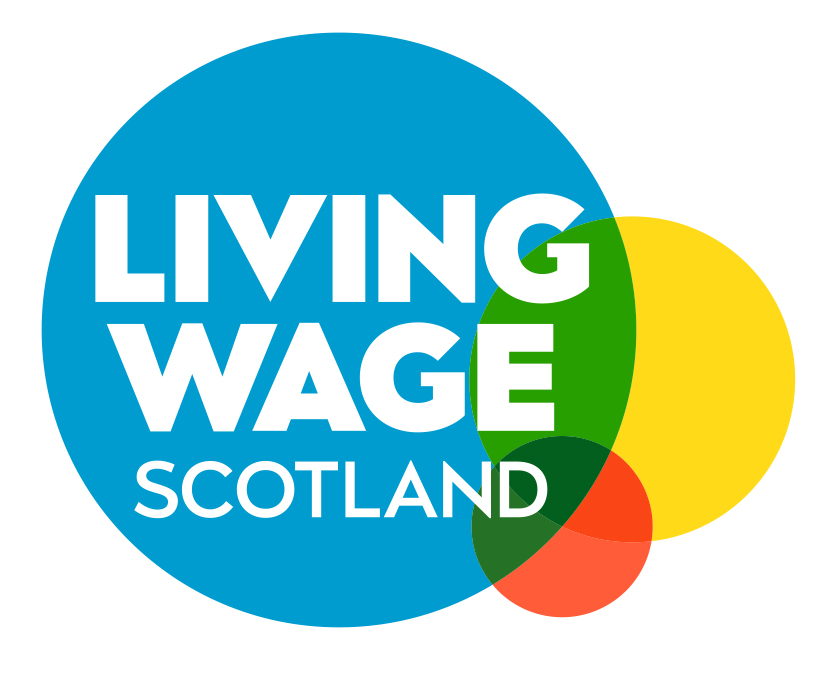By Anna Maybank, Co-Founder and CEO of Breakroom
This year has brought the importance of hourly workers into sharp focus. Supermarket staff, delivery drivers and carers have been on the front line. They have kept us fed and looked after us and our loved ones in unprecedented times. There are tens of thousands of new jobs still being advertised in these sectors. But workers in hospitality and retail have suffered as Covid-19 has changed the ways that people eat out and shop. Behind the headlines, hourly workers’ experiences have varied widely. Even within sectors, some employers have been good and others have not.
At Breakroom, the people-powered job comparison site, we believe that this crisis presents a huge opportunity to improve hourly work in the future. This is our chance to rethink what jobs are important for society and the economy and to make them better – both for workers and for companies.
Breakroom helps hourly workers to compare where they work and find a good job. Pay is obviously one part of that – and the Living Wage Foundation is doing fantastic work to celebrate employers who are providing fairly paid jobs. Our users also compare hours and flexibility, the benefits they receive and how they’re treated in the workplace. We’re building the first comprehensive data set about the quality of hourly work in the UK and helping workers use that information to make decisions about what work they want to do and for whom. We combine all this data into a single score – the Breakroom Rating – but we also provide detailed information on every aspect of a job.
We’re doing this because there’s a shortage of information about what hourly jobs are really like. 92% of job ads don’t explain how a rota is organised; 40% of ads don’t say how many hours you might get and a third of ads don’t include how much you’ll be paid. Unless you already know somebody who works at a company before you apply, it’s hard to find this information at all.
Breakroom changes that. By giving hourly workers more information about jobs, we’re giving them more power. If people know more about jobs before they apply, they’ll be able to choose the ones that suit them best. This upwards pressure will mean that companies need to put more effort into making jobs better and be clearer about what they’re really like.
Not only will this make things better for workers, but it also makes business sense for employers. Ultimately, good jobs reduce employee churn, increase productivity and result in improved outcomes for consumers too. The pandemic has highlighted the incredibly important role hourly workers play in our society and economy. With Breakroom’s data, we want to help use this moment to make hourly work better for everyone.
Find out how your pay, hours or benefits compare to other hourly jobs by taking this Good Jobs Survey from Breakroom

